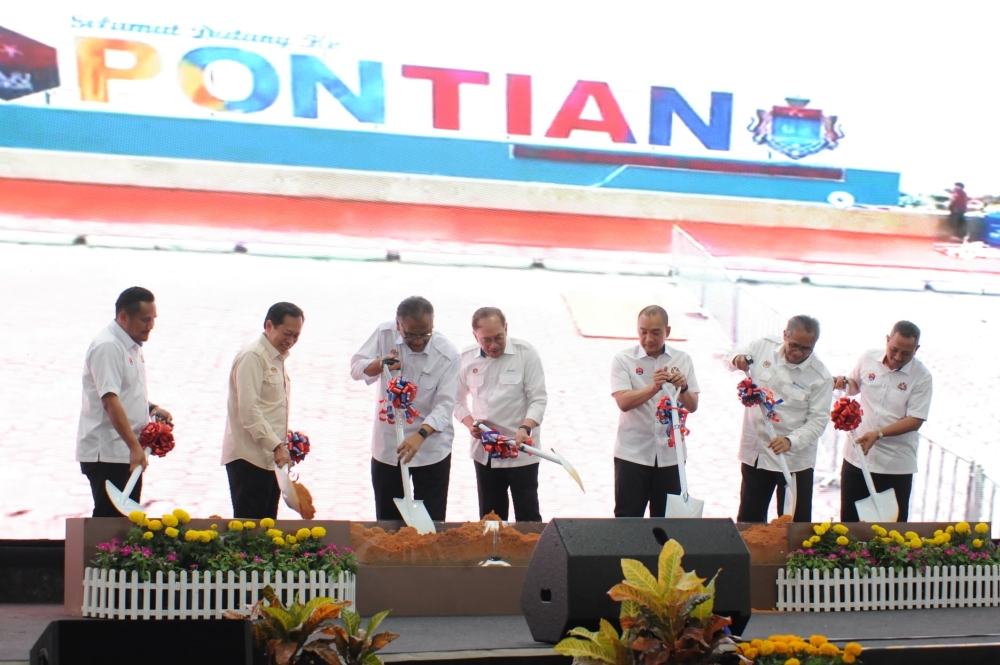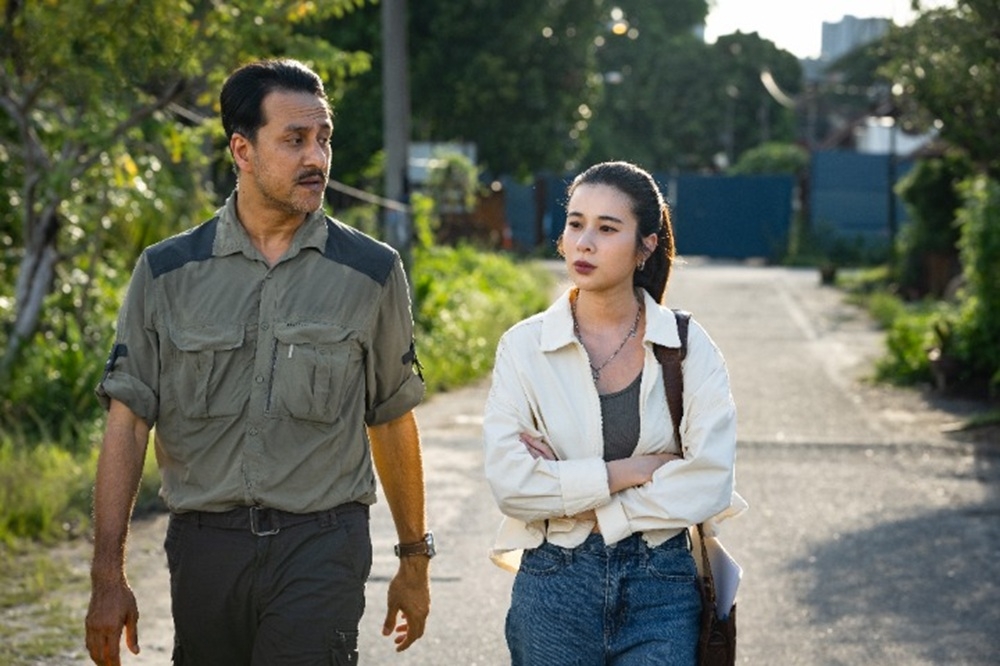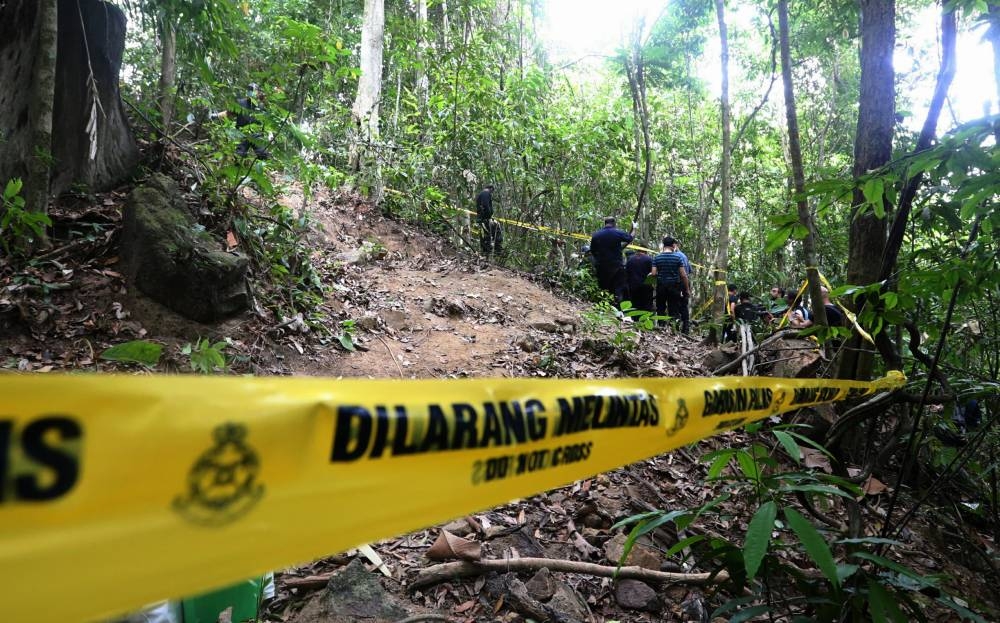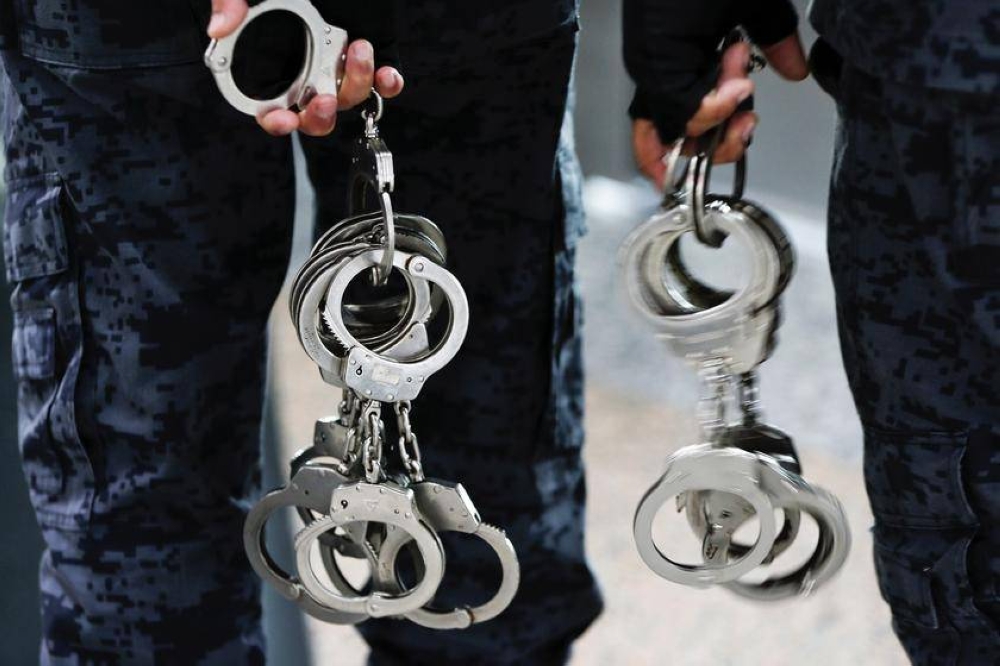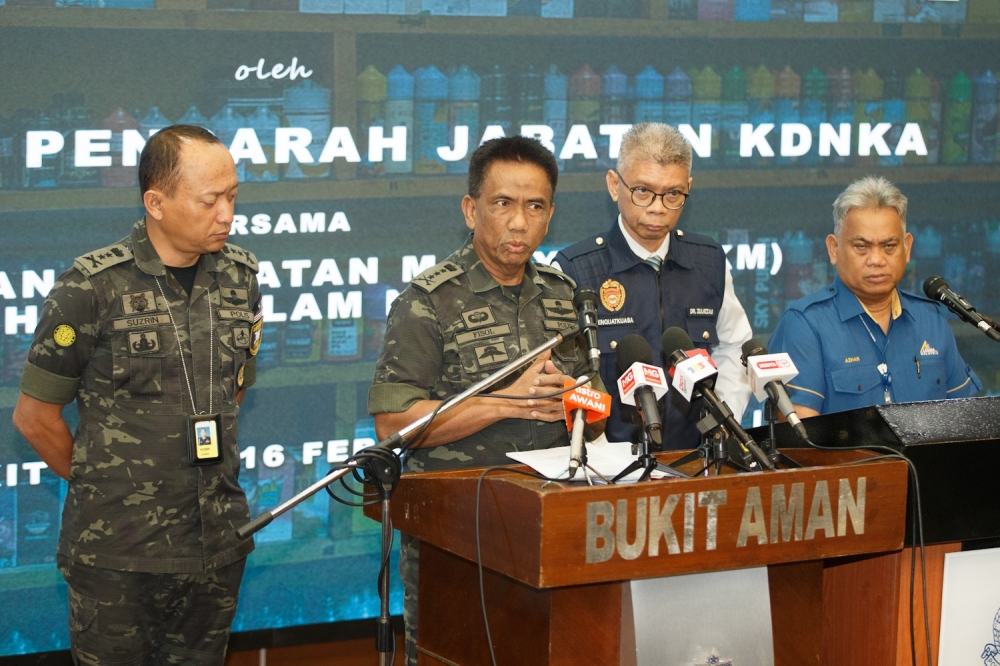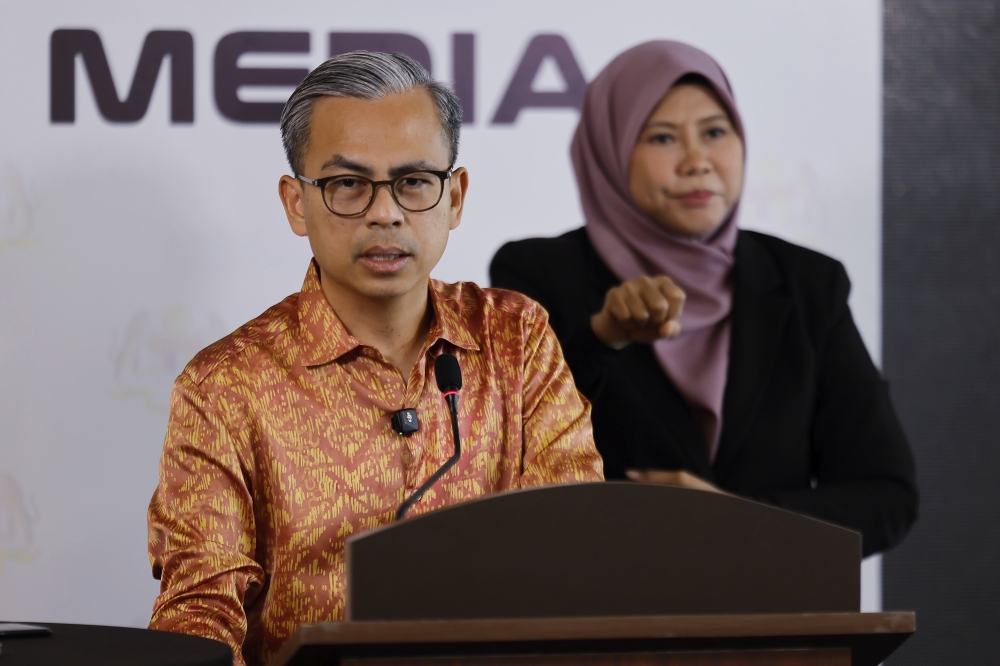KUALA LUMPUR, Oct 18 — There is no proof that any Malaysian local, public servant or enforcement agent was involved in human trafficking and migrant smuggling syndicates, the Royal Commission of Inquiry (RCI) into the 2015 discovery of a mass grave site in Wang Kelian revealed today.
Its report said the government had made requests to the governments of Thailand and Bangladesh to extradite several suspects who could help with investigations, but to date, had not received a positive response.
The RCI said this after concluding its extensive research, investigations, witness interviews and site visits conducted over a six-month period.
“Witness statements confirmed that the syndicates that were smuggling the undocumented migrants from Thailand into Malaysia were Thai, Myanmar and Bangladesh nationals while the migrants were from Myanmar and Bangladesh.
“The courts in Thailand have sentenced army officers, public servants, locals and foreigners who were involved in the illegal smuggling and trafficking of humans in Thailand. No Malaysian has been sentenced in Thailand.
“No proof was found that can implicate any Malaysian, enforcement agent or public servant in any human trafficking and migrant smuggling syndicate,” the RCI said in its report.
The Wang Kelian RCI ran from March 5 to September 4, 2019 following the 2015 discovery of 139 mass graves in 28 abandoned migrant “prison camps” close to the Malaysia-Thailand border. Similar graves were found in Thailand around the same time.
The RCI, set up with the consent of the Yang di-Pertuan Agong on January 29, 2019, studied all documents and evidence on the human trafficking and the mass graves.
It found gross negligence on the part of border patrols, adding that the flip-flop nature of government policies concerning migrant workers caused illegal syndicates to operate freely as the demand for workers is ever-present.
“The RCI feels the government needs to set a ceiling price for recruitment agencies to prevent them from profiteering and monitor the number of foreign labour each agent is bringing in.
“Apart from trying to find ways to reduce our over-reliance on foreign labour, we also see the need to review the entire recruiting process, the length of service and the costs to bear so it does not burden the employer,” the report read.
Other recommendations made were to strengthen Malaysia’s borders with more border control personnel, reinforce existing assets and outposts, and develop better coordination among the different agencies.
This would be done concurrently with proper training and education of its officers.
Former chief justice Tun Arifin Zakaria chaired the seven-member RCI with former inspector-general of police Tan Sri Norian Mai as deputy chairman.
The other members were former head of prosecution in the Attorney General’s Chambers Datuk Noorbahri Baharuddin; former Human Rights Commission (Suhakam) chairman Tan Sri Razali Ismail; former head of research in the Attorney General’s Chambers Datuk Junaidah Abdul Rahman; former Malaysian Ambassador to Thailand Datuk Nazirah Hussin and former Public Accounts Committee (PAC) deputy chairman Dr Tan Seng Giaw.













